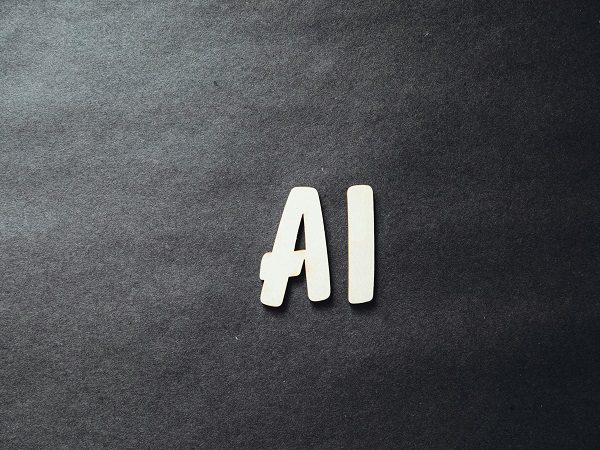Introduction:
The landscape of artificial intelligence (AI) has evolved exponentially over the years, with a fascinating journey that predates the new millennium. In the formative years before 2000, the rise of expert systems marked a significant milestone in the realm of AI. These intelligent systems laid the groundwork for the sophisticated technologies we witness today, showcasing the relentless pursuit of human-like decision-making capabilities by machines. This article delves into the historical roots of expert systems, exploring their emergence, evolution, and impact on the field of artificial intelligence.
The Genesis of Expert Systems:
The concept of expert systems emerged during the late 1960s and early 1970s, as researchers sought to replicate human expertise in specific domains. Expert systems, also known as knowledge-based systems, aimed to capture the knowledge and reasoning of human experts in a particular field. This marked a departure from traditional rule-based systems, introducing a more nuanced approach to problem-solving within the realm of AI.
Key Players and Milestones:
In the early days of expert systems, pioneers like Herbert A. Simon and Allen Newell paved the way with their groundbreaking work on heuristic problem-solving and the development of the General Problem Solver (GPS). However, it was the introduction of MYCIN in the early 1970s that truly demonstrated the potential of expert systems in practical applications. Developed at Stanford University, MYCIN showcased the ability of AI to diagnose bacterial infections and recommend suitable antibiotics, showcasing the power of knowledge-based systems in complex decision-making processes.
The 1980s witnessed a surge in interest and development of expert systems, with companies like IBM investing heavily in AI research. The launch of the R1/XCON system at Digital Equipment Corporation (DEC) and the deployment of expert systems in various industries underscored the growing significance of AI in solving real-world problems.
Challenges and Limitations:
Despite their early successes, expert systems faced challenges that tempered the initial enthusiasm. The “knowledge acquisition bottleneck” proved to be a significant hurdle, as encoding the vast and often tacit knowledge of human experts into a machine-readable format posed substantial difficulties. The brittleness of these systems, their inability to adapt to new information, and the challenges of handling uncertainties were additional roadblocks.
Transition to Neural Networks:
As the 1990s approached, the AI landscape witnessed a shift towards neural networks and machine learning, marking a departure from the rule-based approach of expert systems. This transition was fueled by the emergence of new algorithms and the availability of larger datasets, allowing machines to learn patterns and make decisions autonomously.
While expert systems continued to find applications in certain domains, the broader AI community embraced a more data-driven and probabilistic approach. This shift laid the foundation for the neural network revolution, which has become synonymous with contemporary AI.
Legacy and Impact:
Despite the transition to new paradigms, the legacy of expert systems endures. Many of the principles and techniques developed during the formative years of expert systems continue to influence the design and implementation of modern AI systems. The emphasis on capturing and utilizing domain-specific knowledge remains a crucial aspect of AI research, contributing to the development of more robust and context-aware intelligent systems.
Conclusion:
The rise of expert systems before the year 2000 represents a pivotal chapter in the history of artificial intelligence. From humble beginnings to widespread applications, these knowledge-based systems played a crucial role in shaping the trajectory of AI development. While their prominence may have diminished with the advent of neural networks and machine learning, the foundational principles of expert systems continue to resonate in contemporary AI research, serving as a testament to the enduring impact of their formative years.





























